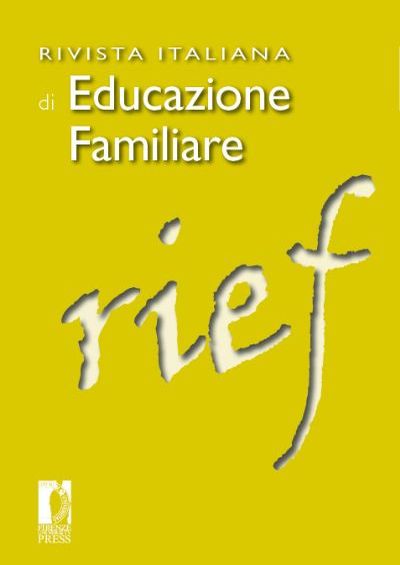Call for Papers n. 2/2020 [PDF Ita/Eng]
Guest Editors: Chiara Biasin (University of Padua), Vanna Boffo (University of Florence), and Clara Silva (University of Florence).
Papers must have a maximum extension of 7.000 words (including footnotes and bibliography). For editorial criteria, please refer to the editorial standards available on RIEF’s website. Papers received will be evaluated according to the double blind peer review system. Accepted languages: Italian, English, French, Spanish, and Portuguese. Papers must be uploaded to RIEF’s OJS platform no later than 20 July 2020, upon registration of the Author/Authors.
The relational and communicative dynamics represent the tissue of community life, as they are an essential dimension of the formative relationship. Pedagogy, in dialogue with other Human and Social Sciences, has long focused on theoretical constructs, principles, methods, and techniques for managing relations and communication, in various educational, formal, and non-formal, contexts, in correlation with the different age groups. In the training of educators, especially in recent years, courses provided by italian University, adhering to the system of descriptors of learning outcomes developed at European level, has reserved a specific space for the acquisition of knowledge and skills related to the sphere of relationship, and communication. Such knowledge and skills are considered fundamental for educators, with a view to making them able to recognize, and enhance, the specificities of the subjects involved in the educational relationship, therefore facilitating relational and communicative dynamics within contexts, and work groups. Taking into account that educational contexts are constantly evolving, and that the sphere of services addressed to the person invests the entire life-cycle today, the training of educators is required to prepare professionals of education able of dealing with very differentiated contexts, and with different needs, expressed by school, preschool, family, and territorial services. However, the surveys on the skills of educators concluding their University path have shown for some years a weakness regarding the cultural and value references that guide their practical-operational skills, and a more general misalignment between what they should know, and what they really have learned. Hence the questioning of the causes of this phenomenon, in order to rethink the syllabus as a “tool” that allows the sharing of didactic paths pursuing a common goal, such as that to provide educators with outgoing knowledge and skills well anchored to a robust theoretical framework, effectively meeting the needs of those specific professions in the world of education and training.

